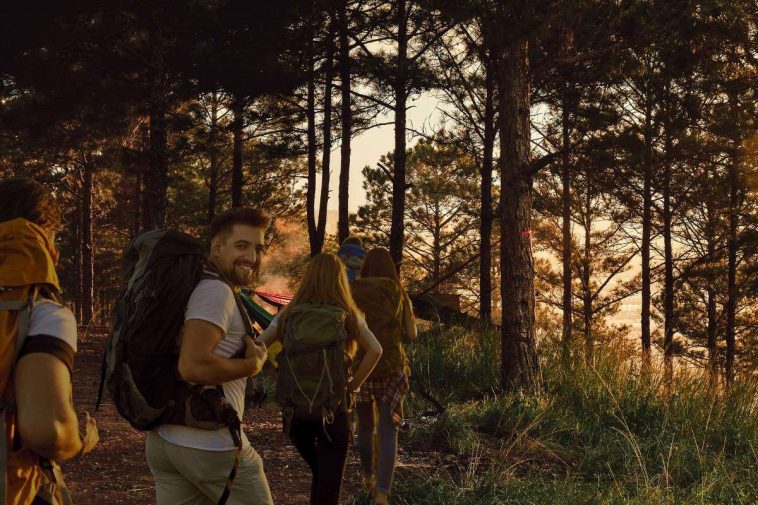Trails Carolina puts great emphasis on staff training, including wilderness survival training, therapy sessions and crisis de-escalation techniques. Former staff members raised concerns regarding employment policies and staff-to-student ratios which do not adhere to industry standards.
Stories of alleged abuse have brought to light the need for increased transparency, accountability, and regulation in the troubled teen wilderness therapy industry.
What is the Investigation About?
Trails Carolina, an outdoor therapeutic program located in North Carolina’s lush wilderness, is widely recognized for offering growth and healing for troubled teens. But allegations of emotional and physical abuse by former participants and their families has led to an investigation into this program.
This program maintains that they put their participants’ best interests first and use various clinical approaches to help them meet challenges effectively. Furthermore, their safety protocols and staff qualifications are outstanding.
However, state inspection reports of this program cite numerous violations and former employees have complained about treatment conditions at this facility.
Trails Carolina “Investigation” allegations demonstrate the need for more regulation within the wilderness therapy industry. Families looking to send their adolescents to such programs should conduct extensive research, seek expert opinion from mental health specialists, and ensure their adolescent’s needs and safety are prioritized when choosing one of these programs.
What Are the Allegations About Trails Carolina?
Trails Carolina has been accused of abusing and neglecting troubled teen participants. This program has been severely criticized by regulatory bodies and independent investigators, and several lawsuits have been filed against it; these allegations include physical maltreatment as well as emotional neglect.
This program, located in North Carolina’s wilderness, claims it provides a “transformative experience.” However, former participants and their families have reported horrific accounts of mistreatment and abuse by program staff; including being denied food, water and sleep while being isolated from friends and family and subjected to physical violence and assaults.
Additionally, one of the teenagers enrolled at Trails Carolina died after becoming lost for weeks in the wilderness and his family has claimed that Trails Carolina staff failed to take adequate measures to help him return safely – including providing more details so search crews could locate him more quickly. Trails Carolina have denied these allegations by noting that any information provided by his family was inaccurate and that they take student safety very seriously.
What Can We Do About Trails Carolina?
Parents considering sending their children to wilderness therapy programs need to do more research on them and make sure staff members are properly trained, professional, and ethical. A former Trails Carolina employee reported that training phases were minimal and new employees weren’t given an orientation that prepared them for life in the wilderness.
Concerns have also been expressed over the program’s treatment methods, with families reporting emotional abuse being inflicted upon their children by staff and claims that there was insufficient medical knowledge being imparted (for instance when treating a 14-year-old who fractured his leg while falling from a tree).
Trails Carolina emphasizes that its program is created with student safety in mind; however, many allegations against it seem to contradict this stance. Therefore, it is crucial that parents fully research each wilderness therapy program before enrolling their teens into them.
How Can We Help?
Trails Carolina, located deep within North Carolina’s lush wilderness, is widely recognized for its therapeutic outdoor programs that promise transformation and redemption for troubled teens. Unfortunately, however, recent allegations against Trails Carolina from former participants and their families suggest mistreatment or abuse within its ranks.
While some parents report positive transformation in their children due to Trails Carolina’s methods, others express regret and disappointment with its practices. Such disparate accounts highlight the necessity of taking individual circumstances into account when selecting treatment solutions for adolescents.
Trails Carolina’s controversy underlines the need for increased transparency and accountability within the troubled teen industry. As more parents turn to wilderness therapy programs for help with their troubled adolescents, it is vitally important that these organizations prioritize the safety and wellbeing of adolescents enrolled. Only through thorough investigation and compliance with ethical standards can this industry restore trust among adolescents seeking assistance.
